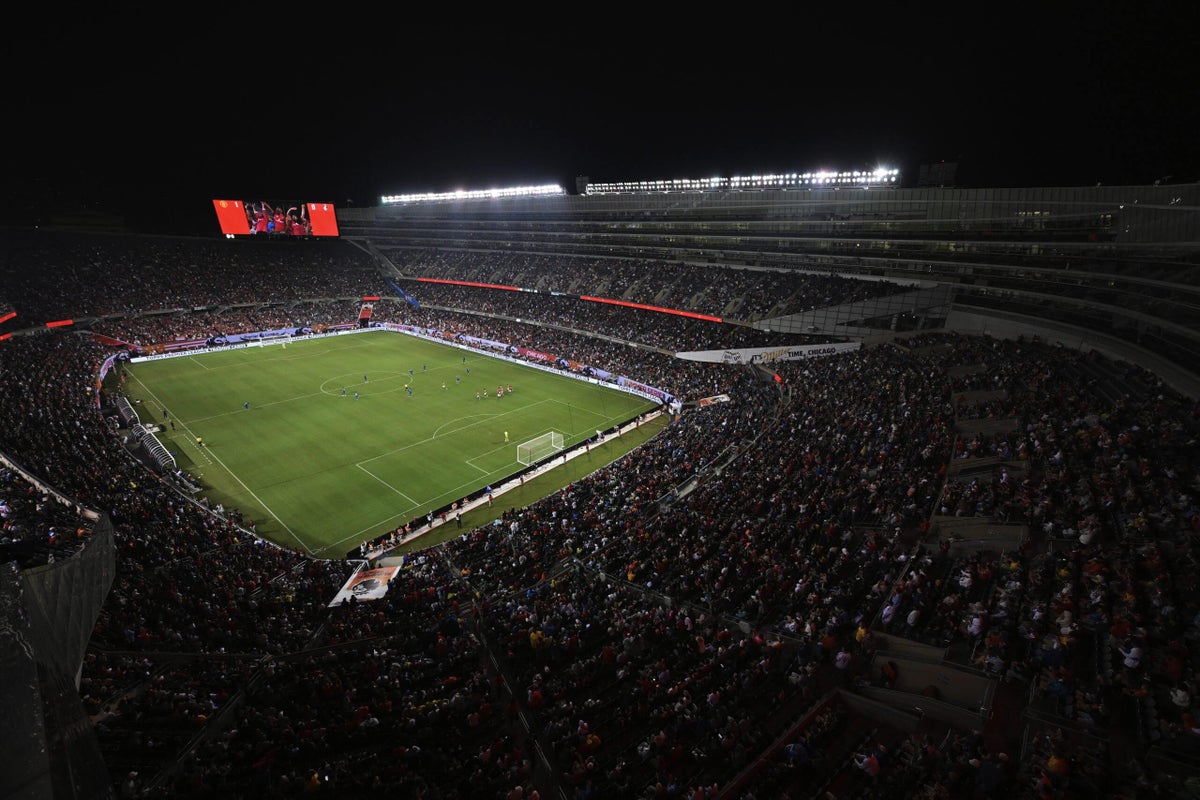Home / Sports / Chicago Opts Out of 2026 World Cup Amid Financial Risks
Chicago Opts Out of 2026 World Cup Amid Financial Risks
7 Nov, 2025
Summary
- Chicago authorities fear hosting World Cup may incur debt
- FIFA's "demands" rather than "requests" leave cities with no negotiating power
- Costs of hosting the World Cup can be significant, e.g., $37M for MetLife Stadium

As the 2026 FIFA World Cup approaches, one major U.S. city has opted out of hosting any matches - Chicago. Authorities in the third-largest city in the country were not convinced that the potential economic benefits of hosting the event would outweigh the financial risks.
According to Kara Bachman, the executive director of the Chicago Sport Commission, FIFA's "demands" rather than "requests" left the city with no power to negotiate the hosting contract. Bachman also claimed she was unable to speak directly with FIFA officials, which she described as a "red flag." Other host cities have reportedly encountered similar challenges and quietly wish they had taken Chicago's stance.
The costs of hosting the World Cup can be significant, as evidenced by the $37 million spent upgrading MetLife Stadium in New Jersey, the venue for the final. Additionally, the state of New Jersey will spend $65 million on travel security for the event. These expenses, along with the need to manage "safety, security and protection" for such a large-scale competition, have led some cities to question whether hosting the World Cup is truly worth it.




